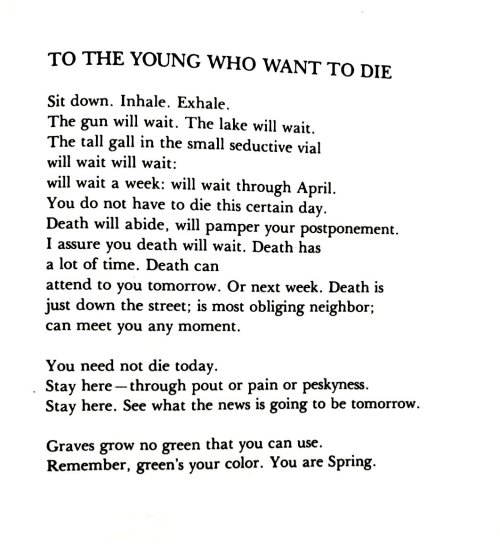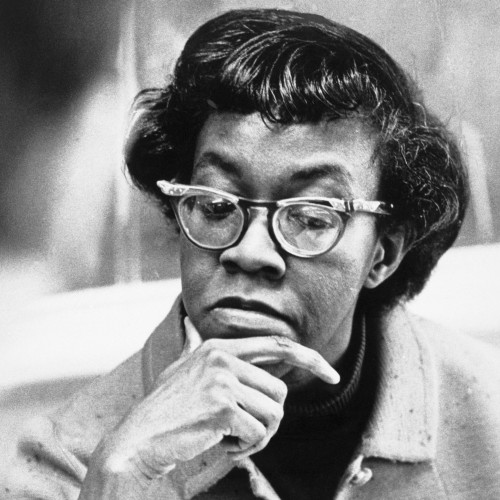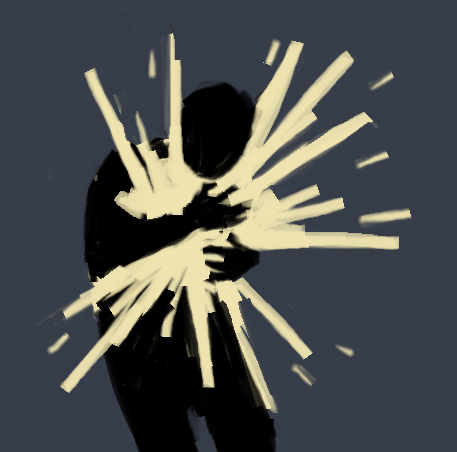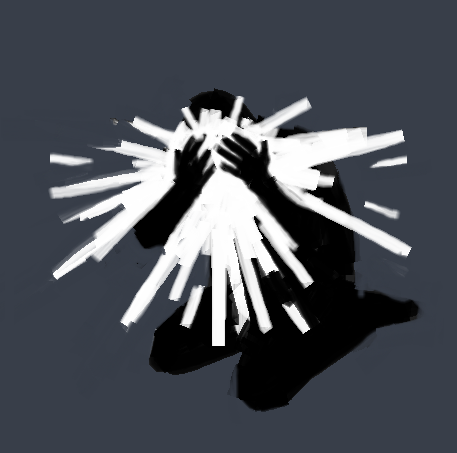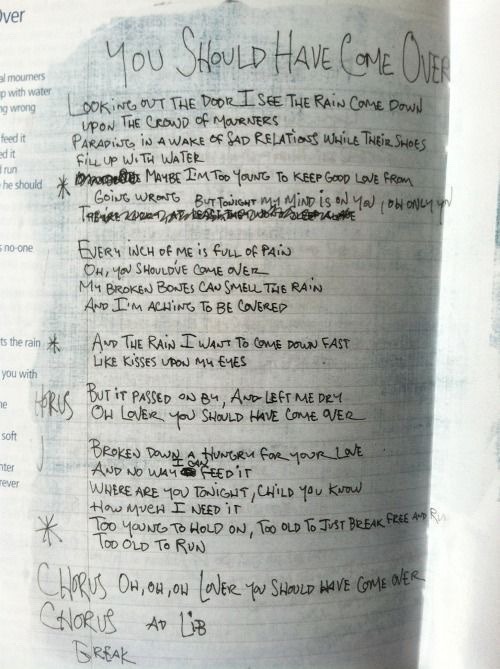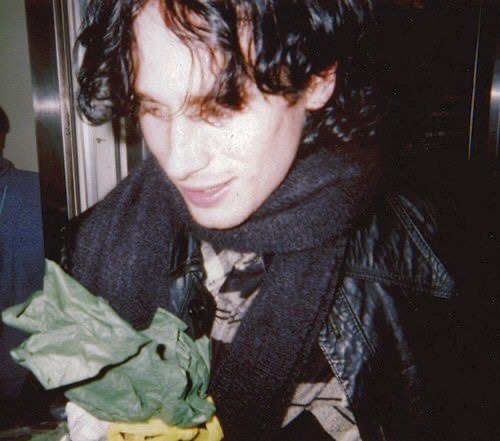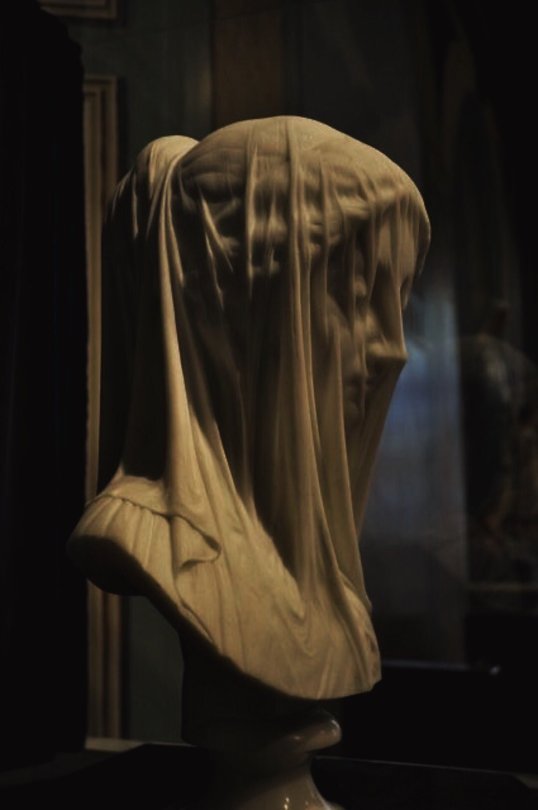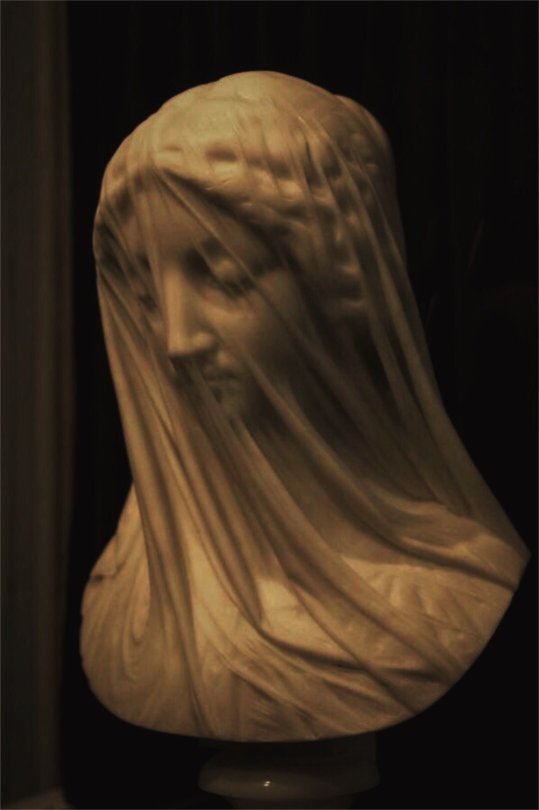
vrgl
xxi/theyheader image by holly warburton
233 posts
Latest Posts by vrgl
How to start again ✨
delete apps and social media that lowers your mood
wear a new scent, throw away things you don’t need, delete contacts of people who make you feel unworthy, unfollow social media that makes you feel bad in any way
make a new playlist that makes you feel confident and happy
in a journal, write down why you want to change, the traits of the person you truly want to be, the places you want to go and people that make you feel inspired
write down the things that stop you and bad habits you have, and replace those with new mindsets and habits
before you sleep, make a detailed, achievable routine for the next day, that includes everything you want to do, including activities that genuinely make you happy
try new hobbies, like baking/cooking, playing a musical instrument, making art, learning a new skill, a sport, or a new language. you can easily get free resources online
think about the ideal version of yourself. you can be like that, if you try your best and work hard.
do not overwork yourself or set overly lofty daily goals and forget to do things like drink water. make your sleep and health your number one priority.
spend less time on your phone scrolling through social media. have a method of focusing on other things, like Pomodoro method or using the Forest app.
if you can’t concentrate, commit yourself to doing it for 5 minutes. once you get into the flow it’s much easier to concentrate.
be patient and kind with yourself. it’s hard to change overnight. you’re the only one who can help change you, so be a friend to yourself.
once you start something, promise yourself you will finish it.
have new weekly routines, like going to a cafe every Wednesday afternoon or indulging in your favourite tv show every Friday night.
do not deny yourself of good things; there needs to be a balance. similarly, do not be too generous and overdo it too much.
dedicate a day to clean your room and organize your things if you feel stressed out.
it may feel scary to change, as you may feel like it’s not the real you. but you’re still you, just the best version of yourself.
have a relaxing morning routine to look forward to, like making a nice breakfast, having a skin care routine, stretches, journalling, or thinking about nothing for a few minutes
have a mental image that makes you excited to do something. visualize yourself completing the goal and concentrate on it every morning.
however, learn not to rely on motivation because your brain will often turn off motivation, especially when you first begin something. have a routine, a specific time to do something, and do it.
notice the places and people that drain your energy, and try to avoid them. find people who make you feel energized and places that calm you.
think about an enjoyable part of something. for example, when studying you can look forward to learning new things and when exercising, listening to calming music or using nice stationery. it’s actually more fun than you think.
even though it’s hard, don’t compare yourself. you’re on your own path, and it doesn’t matter if people are better than you, because there will always be someone better than everyone. don’t be afraid to suck. so draw badly, write bad poems, run slowly, make embarrassing mistakes and fail everything. you can’t be good at something unless you’re terrible at something first. and doing anything badly is so much better than doing nothing.
don’t tell anyone about your new beginning, just start and let the results speak for themselves.
you can change and be your ideal self. but it will be hard to do that if you don’t believe in yourself. so make sure you challenge negative thoughts telling you can’t do something. tell yourself firmly that you can do it and then prove your negative thoughts wrong.
How do you know what you should do
You pay very close attention your body because it doesn’t know how to lie to you, and pay very little attention to your mind because it is lying to you all the time










—female rage
? // medusa by caravaggio // gregory radionov // artemisia gentileschi // monstrous flesh: on women’s bodies in horror by rebecca harknis-cross // carrie (1976) // corruption by camille norton // midsommar (2019) // helen of troy does countertop dancing by margaret atwood // medusa in her throne by reza sedhi
Silence

Meditations in an Emergency, Cameron Awkward-Rich
“You will burn and you will burn out; you will be healed and come back again.”
— Fyodor Dostoyevsky, The Brothers Karamazov
the line “your worst sin is that you’ve betrayed and destroyed yourself for nothing” is so raw you’d think it’s from a destiel fanfic or even hetalia but it’s actually from dostoyevskys crime and punishment
i feel like there are two types of people in the world: the ones who connect with the birth of venus and the ones who connect with caravaggio’s medusa.
“Sometimes I think of you, Medusa. Inside your temple, mournful, surrounded by a hundred stone statues. The men who came to kill you and never left were named lost heroes, warriors, demigods whilst you were called monster, gorgon, terror. (Because the stories were always written by men) But this was never a story about a monster. It was always about a woman burned for a Sea God’s sin, a pawn in an ancient game the fates would never let her win. You did not desecrate that which is sacred, it was him. (But your story was always written by men) You begged him not to visit you, you pleaded with every God. But the Gods turned away when you needed them. You did not want to be remembered this way. And then one day, whilst you slept, a son of Zeus came. And killed you before you could even look his way. (And he too was named hero because the stories were always written by men) Someone once said, words cut deeper than a knife. That history is told by the victors. That he who tells the story is the one who controls the world. Women did not get to write your story, Medusa. Because if we did, a very different tale would be told. (And in our tale, you would not be Monster. But Priestess. Goddess. A maiden who once had a heart of gold.)”
— Nikita Gill, Excerpt from Maidens, Myths and Monsters
monster theory 101
So anyone who has even glanced at my blog knows that a lot of my work is built around an area of literary theory called ‘monster theory’, which is far from a major theoretical discipline. As such I thought I’d give a little run down on what it is and resources that are good in terms of getting started.
Monster Theory is loosely described as the study of monsters, fictional characters that we (humans) deem monstrous. This is usually rooted in the concept of norm/other, which becomes human/monster. The basis of modern monster theory is built on the work of Jeffrey Jerome Cohen, who published a paper in 1996 titled Monster Culture (Seven Theses) which included seven different and overlapping views on what monsters are, why we create them, what they mean and how they fit into both literary canon and our society. These seven theses are (very quickly and loosely);
The Monster’s Body Is A Cultural Body: a monstrous being “is born only at [a] metaphoric crossroads, as an embodiment of a certain cultural moment.” Meaning a monster created for a work of fiction is generally an embodiment of a certain cultural anxiety or fear occurring in a specific socio-cultural moment. For instance, during the 70s and 80s, during the AIDS crisis in the US, you’ll notice a sharp rise in the number of vampire films (creatures who transmit a kind of ‘death’ through bodily fluids, through a highly sexualised penetrative contact).
The Monster Always Escapes: a monstrous being is, in part, so threatening because it is pervasive. The monster might appear dead, only for the corpse to be missing in the final shots of the film. This builds upon the previous point; a cultural anxiety does not immediately vanish simply because the personified monster of it is slain, issues like disease, poverty, homophobia, racism, ableism will ultimately again rear their ugly heads.
The Monster Is The Harbinger of Category Crisis: monstrous beings refuse “to participate in the classificatory ‘order of things’,” and resist any kind of systematic structure. In a culture so obsessed with binary oppositions and classifications, things that refuse classification are often a threat to that very system of classification. If the system is not all-encompassing, it fails altogether. This can cause monsters to shake established systems of understanding culture, identity and knowledge.
The Monster Dwells At The Gates of Difference: “…the monster is difference made flesh […] monstrous difference tends to be cultural, political, racial, economic, sexual.” Monstrous beings are, as previously mentioned, a cultural body, which also means generally they take on traits of ostracised members of a culture, and act as stand in’s for fears, phobias and ostracisation of these social groups. For example, in a later work by Cohen, Undead: A Zombie Oriented Ontology, he states of zombies; “…we feel no shame in declaring their bodies repulsive. They eat disgusting food. They possess no coherent language; it all sounds like grunts and moans. They desire everything we possess.” And further notes that the generally accepted method of dispatching them is a gunshot to the head–a war crime against another human being. This same rhetoric could easily be applied to conservative white opinions of immigrants–and in fact, the origin of the word zombie can be traced back to the Haitian slave trade route.
The Monster Polices The Borders Of The Possible: to live in the dynamic the monster is predicated upon (norm/other, human/monster), there must, therefore, be a border between the two. The monster can therefore serve as a warning; transgress the boundaries by which you are human, and become monstrous; “…the monster prevents mobility (intellectual, geographical, sexual).” The most popular examples of this theory comes in the form of a Disney film: Beauty and the Beast. The Prince does not extend hospitalities to the old woman seeking aid, acting outside an accepted code of conduct for their society, and is therefore rendered monstrous as a result. While this is a more direct example, the trope is pervasive even among works and genres not featuring the supernatural.
The Monster Is Really A Kind Of Desire: the monstrous is often associated with a kind of transgressive or forbidden action, like say…the fact that female villains will often take on intense temptress roles, this is usually in an attempt to enforce and normalise the opposite behaviour. “The same creatures who terrify and interdict can also evoke potent escapist fantasies; the linking of monstrosity with the forbidden makes the monster all the more appealing as a temporary egress from constraint.”
The Monster Stands At The Threshold…Of Becoming: This thesis is really only a paragraph and is possibly my favourite piece of writing ever so rather than try and explain it I’ll simply let it stand on it’s own: Monsters are our children. They can be pushed to the farthest margins of geography and discourse, hidden away at the edges of the world and in the forbidden recesses of our mind, but they always return. And when they come back, they bring not just a fuller knowledge of our place in history and the history of knowing our place, but they bear self-knowledge, human knowledge–and a discourse all the more sacred as it arises from the Outside. These monsters ask us how we perceive the world, and how we have misrepresented what we have attempted to place. They ask us to reevaluate our cultural assumptions about race, gender, sexuality, our perception of difference, our tolerance towards its expression. They ask us why we have created them.
It is important to note that while this essay is considered fundamental in the concept of monster theory and it’s study, Cohen’s work is built upon work like Julia Kristeva’s Power of Horror: Essays on Abjection, and Barbara Creed’s Monstrous-Feminine. Additions to the field have been added since then; collected editions like the Ashgate Research Companion to Monsters, Monstrous Children and Childish Monsters, as well as essays in journals, collected editions on other wider topics (like horror, fantasy, sociology in literature). But the field is still relatively small at this point. I’ll be putting together a sort of reading list at some point in a post about where you can really get a good overview of the area, but the central starting point for monster theory is decidedly Cohen’s essay (which is the introductory chapter to an entire book on the subject).
i do NOT like horror except for whatever the fuck mr naso is doing with the metamorphoses
Cain is amazed. His big hand gropes inside the butchered throat before him: from where does the silence burst?
—Dan Pagis, from Brothers, translated by Shirley Kaufman
![Haec Rursus Patienda Manent, Hoc Ordine Belli Ibitur, Hic Stabit Civilibus Exitus Armis [lucan, Pharsalia],](https://64.media.tumblr.com/6ff51c8ea7772c5587ec34b3fadf5084/bb7b932f44a7a77c-4d/s540x810/cf67ae376181f41f04c4a710eedf7904c0790e98.jpg)
![Haec Rursus Patienda Manent, Hoc Ordine Belli Ibitur, Hic Stabit Civilibus Exitus Armis [lucan, Pharsalia],](https://64.media.tumblr.com/23ba141e9795bd8552e38bc0cccefd9c/bb7b932f44a7a77c-eb/s500x750/885d7dfbebee2b51eebc88d3580a96b3451d7658.png)
![Haec Rursus Patienda Manent, Hoc Ordine Belli Ibitur, Hic Stabit Civilibus Exitus Armis [lucan, Pharsalia],](https://64.media.tumblr.com/cb21513481a81ed13d6209174f259eed/bb7b932f44a7a77c-79/s500x750/c4ed8a07077748880c03032a94a1414561a88582.png)
haec rursus patienda manent, hoc ordine belli ibitur, hic stabit civilibus exitus armis [lucan, pharsalia], or alternatively titled, Aeneas Kills Turnus
there’s a million and seven things that went on in the ‘dialogue’ of figuring this painting out, but it’ll take like, literally 15 pages to explain, so instead I’ll pull together a thread of quotes that rattled around in my head while I made this and hope that the dots are all connectable

the aeneid, tr. fagles

the iliad, tr. fagles
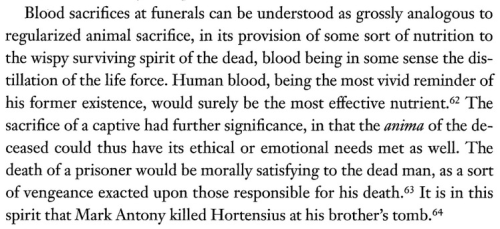
blood in the arena, alison futrell

@thoodleoo‘s tags on this post

the epodes: horace’s archilochus?, lindsay watson

the memory of philippi in horace and the interpretation of the epistle 1.20.23, mario citroni (you know, because philippi is where the republic dies, and functions as a spectacle, funeral, and foundational sacrifice for empire, which circles back to—)
society6 | ko-fi | redbubble | twitter | deviantart

cicero's letter where he complains about "penis" being turned into a dirty word truly is the gift that keeps on giving
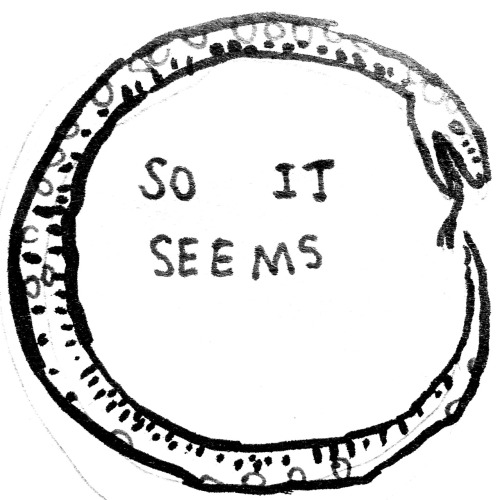

Let’s watch.
(C.B)(5.19.18)
lines from the epic of gilgamesh that make me feel like this


